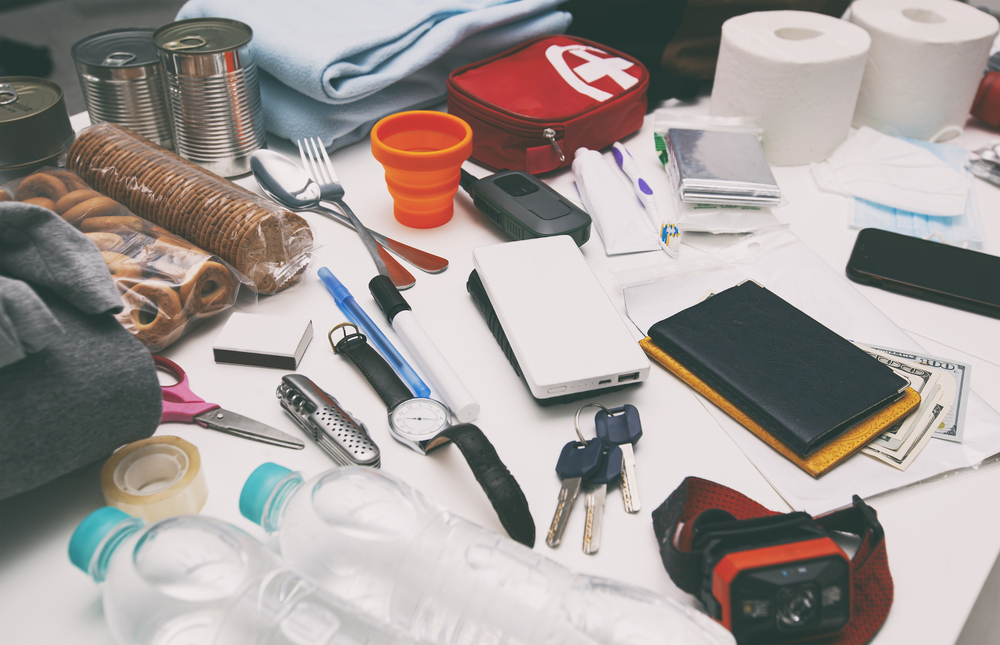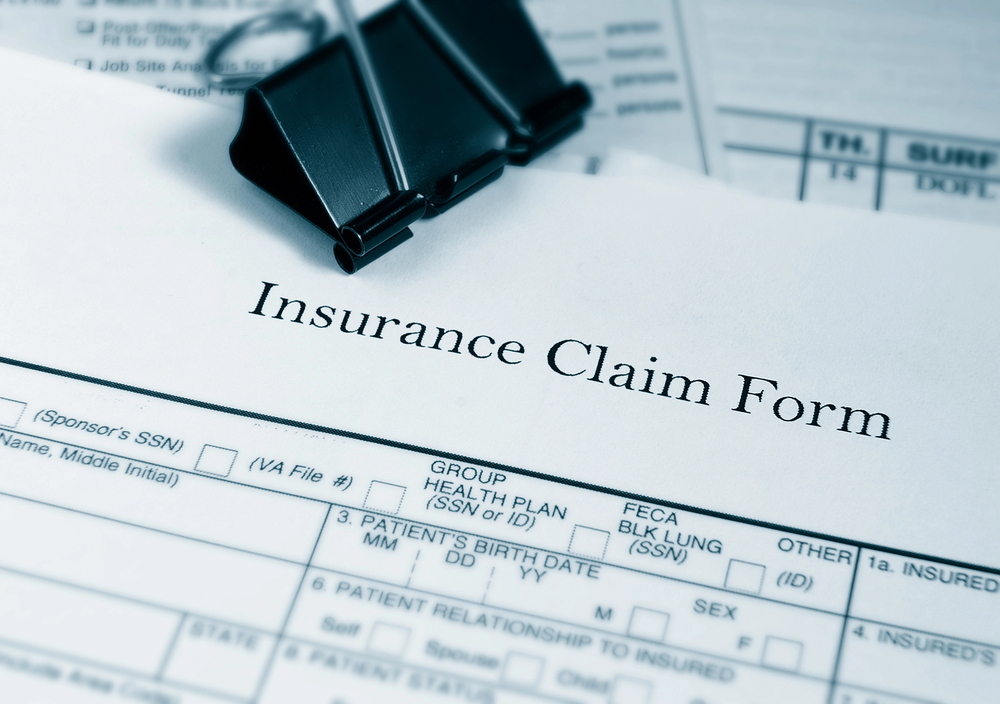For Families: Hurricane-preparedness Checklist

Developing a Family Preparedness Plan
Preparing for a hurricane is essential to ensure the safety and well-being of your family. Start by creating a family emergency plan that includes evacuation routes, a communication plan, and a designated meeting place. Make sure every family member knows the plan and practices it regularly. Keep important documents and emergency supplies readily accessible.
Creating a Communication Plan
Establish a communication plan to stay in touch during and after a hurricane. Designate a family member outside the affected area as a point of contact. Ensure everyone has a list of important phone numbers and knows how to use social media and other communication tools to update their status.
Preparing for Power Outages
Take steps to prepare for power outages by securing backup power sources like generators and power banks. Keep flashlights and extra batteries on hand, and use surge protectors to protect electronic devices. Store perishable food in coolers with ice packs to preserve it as long as possible.
Securing Your Home
Fortify your home against hurricane damage by installing storm shutters or plywood on windows, reinforcing garage doors, and securing loose items outside. Ensure that your roof and gutters are in good condition to withstand heavy rains and winds.
Caring for Pets
Include pets in your hurricane preparedness plan. Create an emergency kit for your pets with food, water, medications, and comfort items. Identify pet-friendly shelters or make arrangements with friends or family to care for your pets if you need to evacuate.
Response Procedure as a Hurricane Approaches
Stay informed by monitoring weather reports from reliable sources. Follow evacuation orders from local authorities without delay. Secure your home by boarding up windows and bringing in outdoor furniture. Charge all electronic devices and ensure you have backup power sources. Communicate with family members about the status of the hurricane and the actions you are taking.
What to Do if Your Home is Damaged in a Hurricane
If your home is damaged during a hurricane, prioritize the safety of your family. Once it is safe, assess the damage and document it with photos and detailed descriptions for insurance claims. Contact your insurance provider to report the damage and start the claims process. You may need temporary housing while repairs are underway; consider staying with friends, family, or in temporary housing provided by disaster relief agencies.

Emergency Supplies Checklist
Families should have the following items on hand in case of an emergency:
- First aid supplies
- Flashlights and extra batteries
- Portable radio
- Water (one gallon per person per day for at least three days)
- Non-perishable food
- Multi-tool or basic tool kit
- Important documents (insurance papers, emergency contacts)
- Personal hygiene items (toilet paper, hand sanitizer, sanitary wipes)
- Fire extinguisher
- Blankets or sleeping bags
- Extra clothing
- Cash and credit cards
- Backup power sources (generators, power banks)
- Surge protectors

Navigating Insurance and Filing a Claim
Dealing with insurance claims after a hurricane can be challenging. Document all damages thoroughly with photos and detailed descriptions. Contact your insurance provider promptly and keep all receipts and records of expenses related to the hurricane. Hiring a public adjuster can help navigate the claims process and ensure you receive the compensation you deserve.
FAQs for Hurricane Preparedness for Families
What should be included in a family’s emergency kit?
Your emergency kit should contain first aid supplies, flashlights, batteries, water, non-perishable food, and important documents. Additionally, include contact information for emergency services and family contacts.
How can families protect their home during a hurricane?
Secure windows and doors with storm shutters or plywood. Bring in outdoor furniture and secure any loose items. Ensure that your roof and gutters are in good condition to withstand heavy rains.
What steps should be taken to ensure family safety during a hurricane?
Develop a clear evacuation plan, communicate it to all family members, and conduct regular drills. Ensure that everyone knows the location of safe areas within the home and has access to emergency supplies.
How can families access financial assistance after a hurricane?
Apply for disaster relief funds from FEMA and explore other local and government disaster relief response programs. These funds can help cover repair costs and support recovery efforts.
How should families communicate during and after a hurricane?
Use multiple communication channels, such as phone calls, text messages, and social media, to stay in touch with family members and emergency services. Establish a communication plan that includes a designated contact person outside the affected area.
This guide aims to help families prepare for hurricanes effectively, ensuring safety and continuity. Stay prepared and safeguard your home and loved ones against potential disasters.
For informational purposes only.